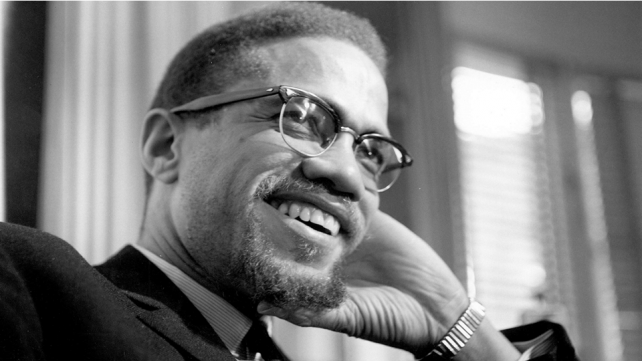
In the United States and Canada, February is Black History Month. It is a month that celebrates the contributions from Black Americans throughout history. Most schools in the United States acknowledge Black History month by having students do research projects, reading books written on or about Black Americans or showcasing projects that reflect the work of Black Americans. Public high school teachers frequently use this month to study a novel authored by a Black American.
As a teacher of English literature in an Islamic school, I too used this month to recognize Black American authors. My colleague and I chose to have our students read and study The Autobiography of Malcolm X. We chose, in my opinion, the obvious choice for an Islamic school. What better than to have an author who was not only Black American but also Muslim? It was an opportunity as a teacher to build knowledge, instill enthusiasm and give inspiration to our students.
I did, however, have some students who questioned the purpose of acknowledging Black Americans. The underlying question was, why highlight the Blacks only, while we, as Muslims were still victims? Post 9/11, Muslims are still struggling to be seen as a part of society that is helping the growth of this country, not as a source of negativity.
For those students, and others, my answer was simple, ‘we need to understand their struggle to fight our own.’ In addition, as minorities, we have lessons in the civil rights struggle as well as deep connection with those who fought for this society to become open and more tolerant.
Fortunately, my students were ecstatic about delving into the life of such a passionate activist and his path to Islam. They could not wait to learn more about the famous Malcolm X. It was a wonderful way to inspire them to try harder and be better people. After all, wasn’t inspiration a part of my job description as a teacher?
My classroom in the month of February had profiles of famous Black authors up on the bulletin board. My daily practice was to write a quote on the board or a fact in history related to the date, and so my quote or statement would reflect something that could honor this month.
While covering The Autobiography of Malcolm X, I made class discussions an integral part of learning, as I did for all other novels the class studied. It was in these discussions that education became a bridge for learning. Students learned by sharing ideas and opinions about characters, the plot, the themes and the purpose.
The choice of reading Malcolm X turned out to be the right one. It was in these discussions that students saw through the eyes of a person who lived through daily discrimination and hardships. It was through this novel and month that these students could find a piece of themselves and know that while they continue to struggle in life as a minority, it was often more arduous for the African Americans during the civil rights era.
What I wanted my students to walk away understanding was that while we, as minorities have a struggle to reach acceptance in society, we did and do have traceable ancestors and history while the Black Americans have a history that is tragic and whose roots as well as lineage are lost. Knowing this allowed my students to better appreciate their own lives and how fortunate they were comparatively.
In Islam there is no distinction between the races; we are all equal to our Creator except in our piety. This is a basic understanding in Islam, so while acknowledging that we are all equal in the eyes of Allah, I hope, that my students walked away from the month of February learning to appreciate a little more the people who helped us gain the rights we live and exercise each day.

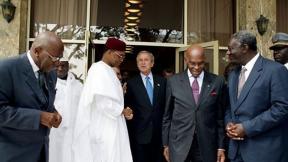
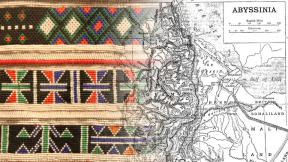
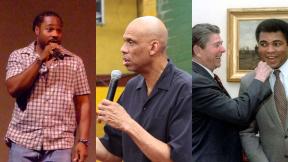
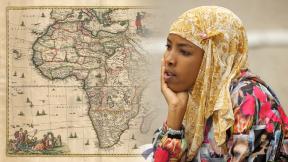



Comments
This is a very good article. Most of the time, teachers just provide lip-service to be a part of the Black History month but I liked how this teacher used it not only to inspire students but also encouraged them to compare and relate their struggles with that of Malcom X and African Americans before the Civil Rights movement. In the end, it seemed, the students not only felt better about their struggles but also learned enthusiastically about an important aspect of American history.
Location
Add new comment